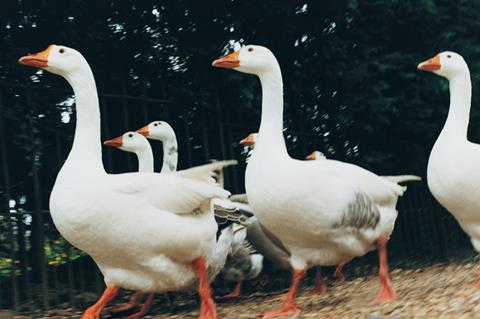
Animal rights campaigners have expressed their anger at the Animals Abroad Bill being dropped from the Queen’s Speech.
The bill, which was originally earmarked to ban fur and foie gras imports, was not included in the speech, delivered by Prince Charles today (10 May).
Campaigners from Animal Equality complained they had received “extensive promises” over recent years that the UK would enact legislation on issues of animal protection and animal agriculture, which had not been met.
The Animals Abroad Bill and Kept Animals Bill had sought to ban live animal exports, the import of foie gras made by force-feeding and the importation of fur products into the UK.
According to a YouGov poll, commissioned by Animal Equality and released last month, some 86% of survey respondents across Great Britain showed opposition to the force-feeding of animals during farming, with a further 81% showing support for a legislative ban on the importation of foie gras made by force-feeding.
Animal Equality said force-feeding ducks and geese involved confining them in small cages over a two-week period where the animals were constrained and force-fed multiple times a day using tubes.
“Today’s silence on animal issues is deafening,” said Abigail Penny, executive director of Animal Equality UK.
“After years of hints and high hopes for a foie gras ban, the prime minister is turning his back on animals and the British public at the eleventh hour. Foie gras is a ‘luxury’ item that the UK public does not support. By ignoring the wishes of the majority, what kind of message is the government sending to the country and the people it is meant to represent?”
Carrying out force-feeding of animals in the UK has been illegal since 2000 but the UK continues to import 200 tonnes of foie gras per year, the campaign group pointed out.
In last year’s speech, the UK government released an action plan for animal welfare, which the group had seen as a welcome step towards improving welfare conditions at home and abroad.







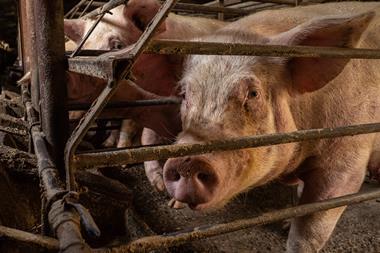
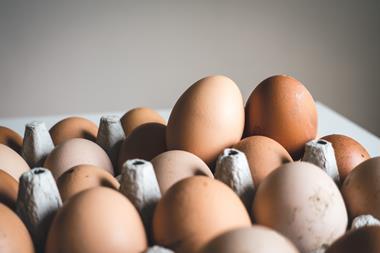

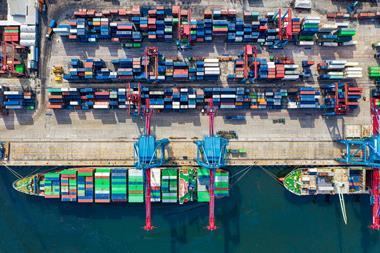

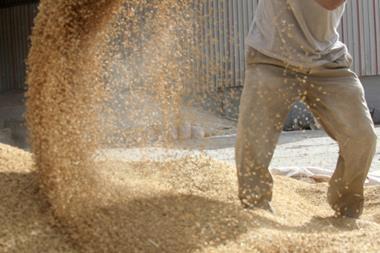




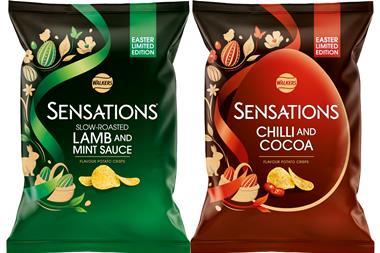

No comments yet